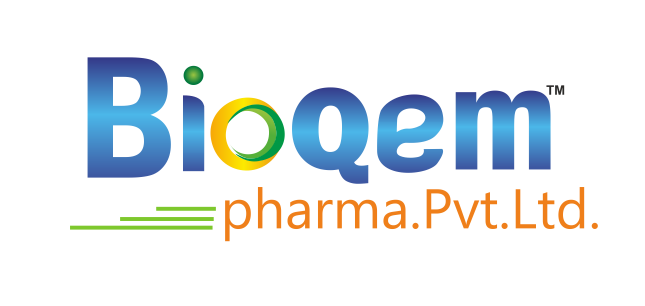Emerging Trends in Pharma Marketing
The pharmaceutical industry is undergoing a significant transformation, spearheaded by technological advancements and evolving consumer expectations. One of the most noteworthy trends is the growing influence of digital transformation. Technologies such as Artificial Intelligence (AI) and data analytics are proving invaluable in personalizing marketing strategies. By leveraging AI, pharma companies can analyze vast amounts of data to gain insights into patient behaviors and preferences, enabling the delivery of more targeted and effective marketing messages.
Another pivotal development is the increasing use of social media and influencer partnerships. Platforms like Twitter, LinkedIn, and Instagram are no longer just for social interactions; they have become crucial channels for disseminating health-related information. Pharma companies are collaborating with influencers, including healthcare professionals and patient advocates, to build trust and engage with their audience more authentically. These collaborations help bridge the gap between complex medical information and patient understanding, making healthcare more accessible.
The rise of telemedicine is also revolutionizing pharma marketing. With the increasing adoption of virtual consultations, marketers now have new opportunities to reach patients directly through digital channels. Telemedicine facilitates direct-to-patient marketing efforts, allowing for more immediate and personalized communication. This shift not only enhances patient experiences but also provides pharmaceutical companies with real-time feedback and opportunities to adapt their strategies swiftly.
Lastly, the emphasis on patient-centric approaches is reshaping traditional marketing tactics within the pharmaceutical industry. There is a growing recognition that successful marketing strategies need to focus on patient needs and experiences. This shift is reflected in initiatives like patient support programs, educational content, and enhanced communication channels designed to empower patients with information and support. By prioritizing the patient journey, pharma companies are fostering stronger relationships and improving patient outcomes.
“`html
Effective Strategies for a Competitive Edge
The pharmaceutical industry, laden with its complexities, requires a nuanced approach to marketing. One of the most effective strategies for securing a competitive edge is the adoption of multichannel marketing. By blending traditional methods, such as print and television, with digital avenues like social media and email campaigns, pharmaceutical companies can broaden their reach and engage with diverse demographic groups. Multichannel marketing ensures a cohesive brand message across various platforms, enhancing recognition and trust among healthcare professionals and patients alike.
Examining successful pharma campaigns provides valuable insights into best practices. For instance, a noteworthy case study involves a prominent pharmaceutical firm leveraging a comprehensive digital strategy to launch a new medication. By integrating search engine optimization, content marketing, social media engagement, and targeted email campaigns, they not only reached a wider audience but also generated substantial engagement. The campaign’s success hinged on its ability to provide valuable information while adhering to stringent regulatory guidelines.
Compliance and ethical considerations are paramount in pharmaceutical marketing. Crafting messages that are not only persuasive but also ethical requires a deep understanding of the regulatory landscape. Marketers must navigate the constraints of advertising regulations and ensure that all claims are scientifically substantiated. This not only maintains the integrity of the brand but also builds trust with healthcare providers and patients.
In leveraging big data, pharmaceutical marketers can optimize their targeting strategies and enhance return on investment (ROI). Big data analytics allows for the precise segmenting of audiences, enabling customized messaging that resonates more effectively with specific groups. For practical implementation, pharma companies can utilize patient data to develop personalized marketing strategies, predicting patient behaviors and tailoring content accordingly. This strategic use of data not only maximizes marketing efficiency but also fosters a deeper connection with the audience.
By integrating these strategies—multichannel marketing, adherence to compliance and ethical standards, and the leveraging of big data—pharmaceutical companies can navigate the challenges of the market, achieve a competitive edge, and realize improved outcomes in their marketing campaigns.
“`
